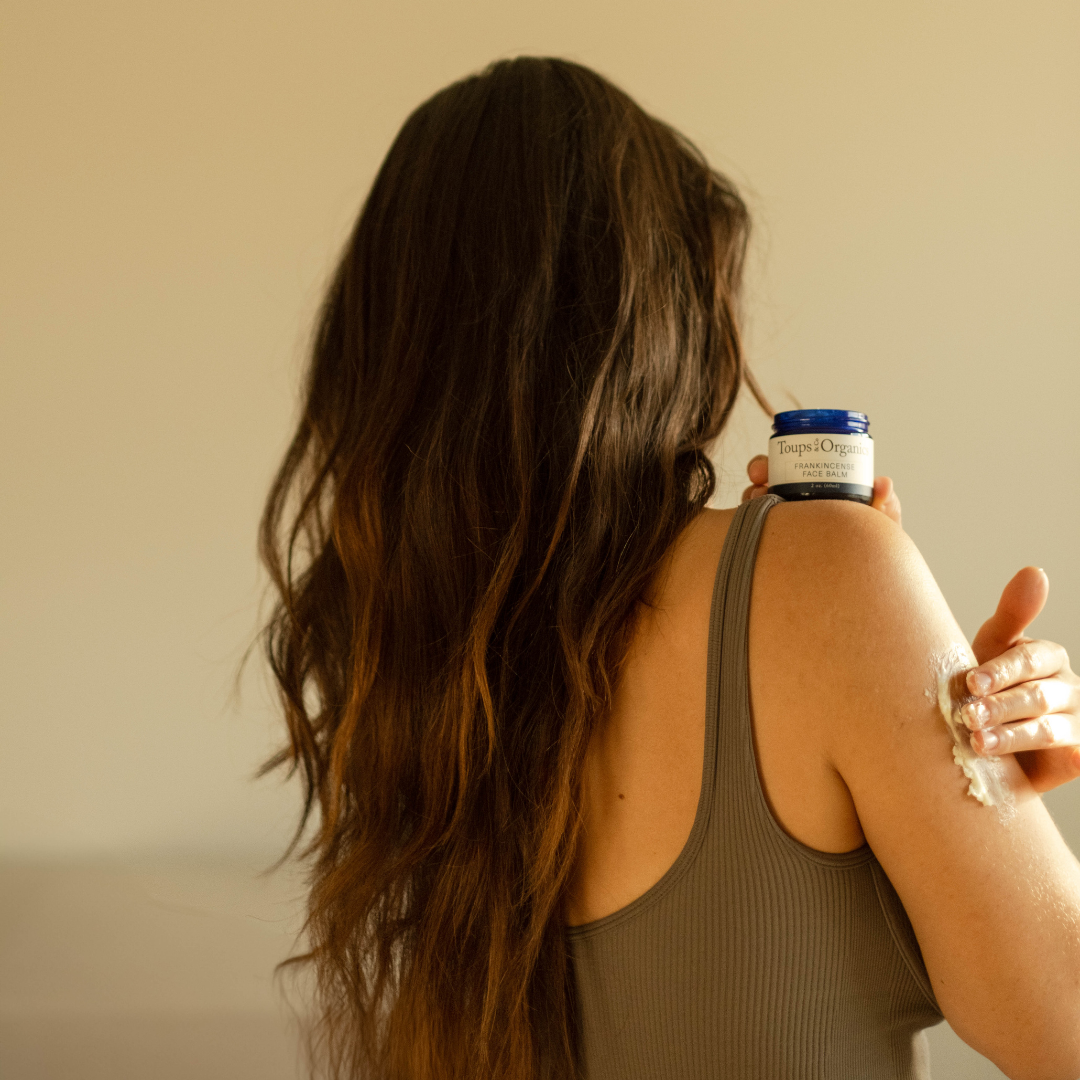It’s easy to believe we don’t need it.
When self-care first became a concept, it struck a lot of debate. Bubble baths and face masks can feel a bit surface-level when the problem is soul-deep. For most of us, these habits act as a band-aid but barely make a dent in our emotional health.
As the mental health movement grows, people are more in tune with their emotional needs. Self-care has evolved from a concept that encourages buying products to one that cares about nourishing the mind.
As a natural skincare brand, we believe in using our voice to reinforce this exciting concept. Self-care is about nourishing your body, mind, and soul. Here are some ways you can commit to this practice.
It’s Gone Viral: What Is Self-Care?
Self-care is an ever-evolving concept. It’s a radical act to care for your body, mind, and soul — even in the midst of stressful and uncomfortable moments. Self-care looks different for everyone, but it could include meditation, reading before bed, and navigating conflict intentionally.
Read This If You Think You Can “Get Away With” Less Self-Care
If you’re a mom, you spend a lot of time taking care of the people around you. Maybe you’re making dinner, dressing your toddler, and wondering how there’s always another load of laundry in the dryer. You tell yourself that you’re fulfilled in your role as a caregiver. But are you?
In reality, your gas tank is empty. And, the never ending to-do list is impacting your mental and physical health. You can’t take care of the people you love and show up well until you take care of your body, mind, and soul.
You need self-care.
But you need the kind of self-care that’s soul-deep.
10 Soul-Deep Self-Care Habits That Are Easy to Begin Today
Self-care looks different for everyone, and you can’t write a prescription for it. Consider these ideas, but look for habits that give you purpose, foster creativity, and calm your mind.
-
Dry brushing
If taking care of your body is a self-care habit you need to foster, start with dry brushing. A dry brushing routine only takes a few minutes but comes with numerous benefits. You may experience smooth skin, better lymphatic health, and a quick energy boost. To begin your routine, you’ll want to locate the areas of your body that drain lymphatic fluid (the neck, armpits, stomach, and groin) and brush those first. Then, move fluid from your arms, face, legs, and chest into those areas.
-
Create boundaries with your phone
There’s so much research about how our phones are both addictive and stress-inducing. One recent study shows that young adult users of smart phones are at a high risk for depression. To reduce the risk, delete problematic apps, leave your phone in another room, or create strict boundaries for screen them. When you do use your phone, use it intentionally. If this feels like an impossible task, it’s probably one that you desperately need. Try a polaroid camera for photos or an app that limits how much time you can spend on social apps.
-
Support your circadian rhythm
Your circadian rhythm is your internal clock that tells you when to eat, sleep, and relax. Due to modern technology (like bright lights and screens), it’s easy to throw our circadian rhythm out of whack. If you feel jittery, unfocused, and overly-energized at night, your circadian rhythm probably needs some love. Some ways you can support it include morning walks (when the sun comes up), eating meals on a consistent schedule, and using red light at night (bonus: this is a simple way to build bedtime structure).
-
Read a book
Dopamine addiction and a short attention span are two reasons it’s so hard to put our phones down. But reading can help with both of these problems. Whether it’s a novel, nonfiction, or even a magazine, reading increases the attention span and lowers stress.
-
Bake something sweet
If you relax while in the kitchen, set aside an hour or two every week for baking. Use nourishing ingredients, try new recipes, and invite friends over for a taste test.
-
Turn off your podcast
Have you noticed that boredom is no longer part of your daily life? It may seem like a welcome relief to turn on a podcast while cooking dinner, scroll Instagram in the Target line, or listen to music in the shower, but boredom actually is a sacred space. According to neuroscience, this is when your mind recharges and your creativity ignites.
-
Get outside
Performing an autopilot task while keeping your brain unengaged can be relaxing. Pick an outdoor space to explore (like a local park or National Forest) and take a picnic with you. Turn off your music, podcast, or audiobook and sit with your thoughts. If that sounds uncomfortable, you may need to make this a weekly habit.
-
Take up a new skill or hobby
Have you ever noticed that time seemed to pass much more slowly when you were a kid? Now, between your son’s baseball game and meal planning, it seems like the days, weeks, and years bleed together. This is a widespread experience, and there’s even some psychology behind it.
As a child, your brain is processing new information every day. You’re learning how to do fractions, how to fix a misplaced modifier, and which countries belong in Asia. Information processing is actually linked to time perception. The more we learn, the slower time seems to pass. So, learning a new skill (like baking, herbalism, or a foreign language) can actually help you stay present in the moment.
-
Do something you’ve been putting off
Maybe it’s a pile of laundry, your daily skincare routine, or calling the dentist to make an appointment. The tasks we procrastinate are often taking up brain space and weighing on us behind the scenes. Commit to resolving just one of these tasks today and pay attention to the relief you feel when it’s complete.
-
Go on a date with your journal
If you struggle to meditate, you may benefit from journaling instead. This practice is still meditative, but you’re actively processing emotions on paper (instead of sitting with them). The best time to journal is first thing in the morning — a concept called the “Morning Pages” created by Julia Cameron. If you don’t know what to write, find a writing prompt on Pinterest.
Your Mental and Physical Health Deserve the Same Attention to Detail
Let’s be honest…
Sometimes, the wellness movement gets out of hand. We get so busy reading ingredient labels, baking sourdough bread, and researching sustainable products that we forget to nourish our mental health as much as our physical health.
But without good mental health, we can’t enjoy the physical health we worked so hard to create.
If you’re stuck in adrenaline mode, feel miserable at work, or haven’t taken a vacation since 2003, let this be your sign to nourish your mind, body, and spirit.
It all starts here with intentional self-care.
A Little Self-Care Packaged Just for You

